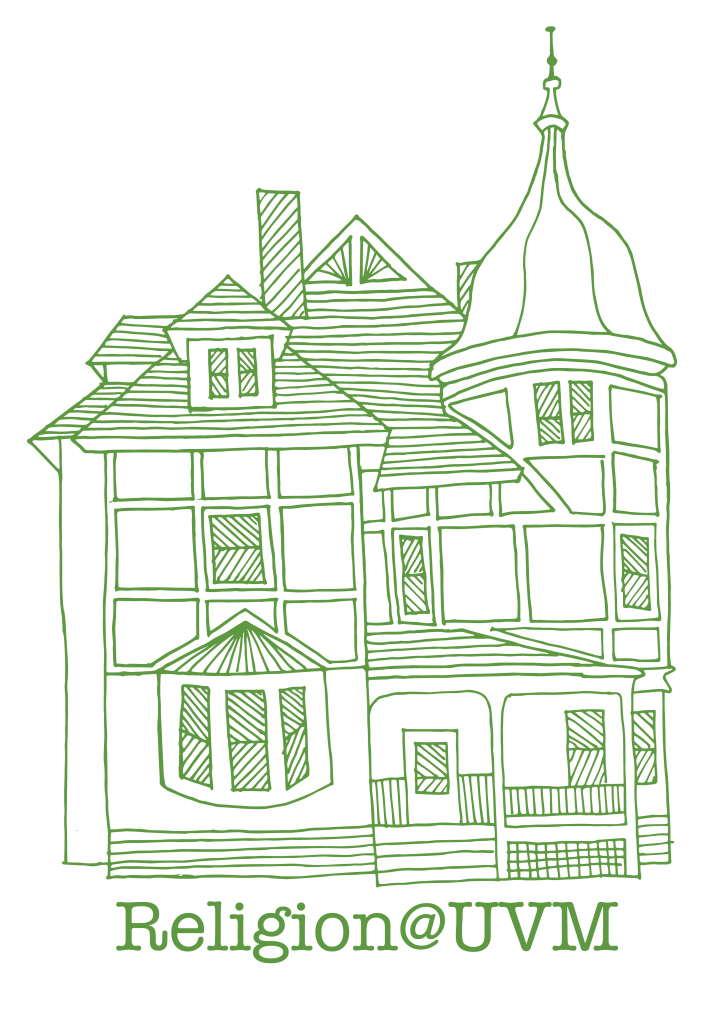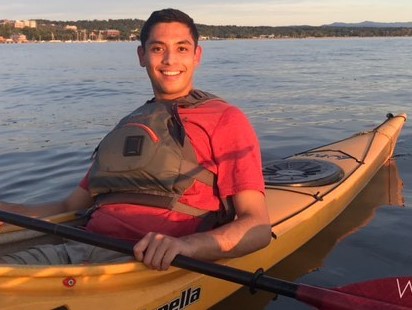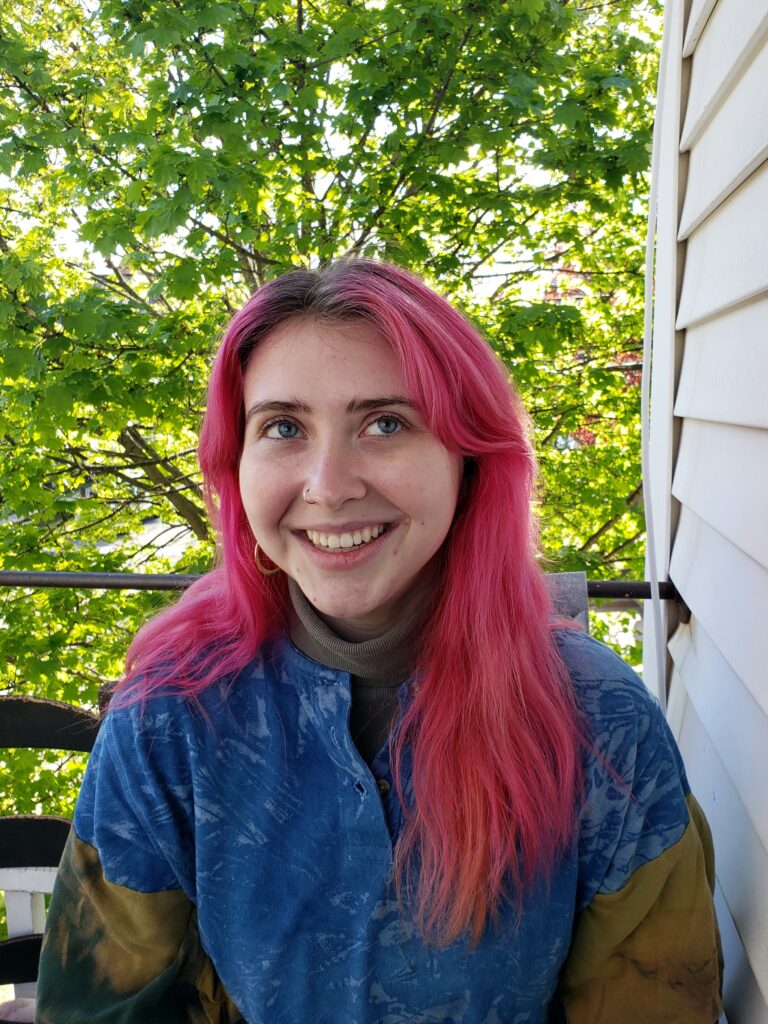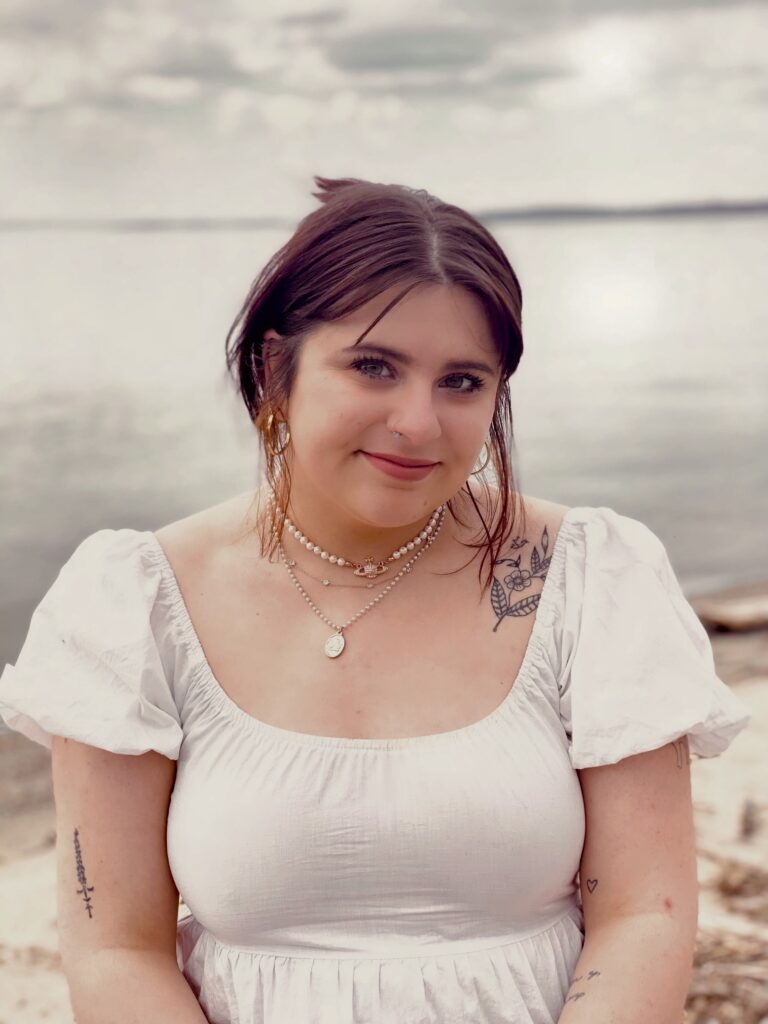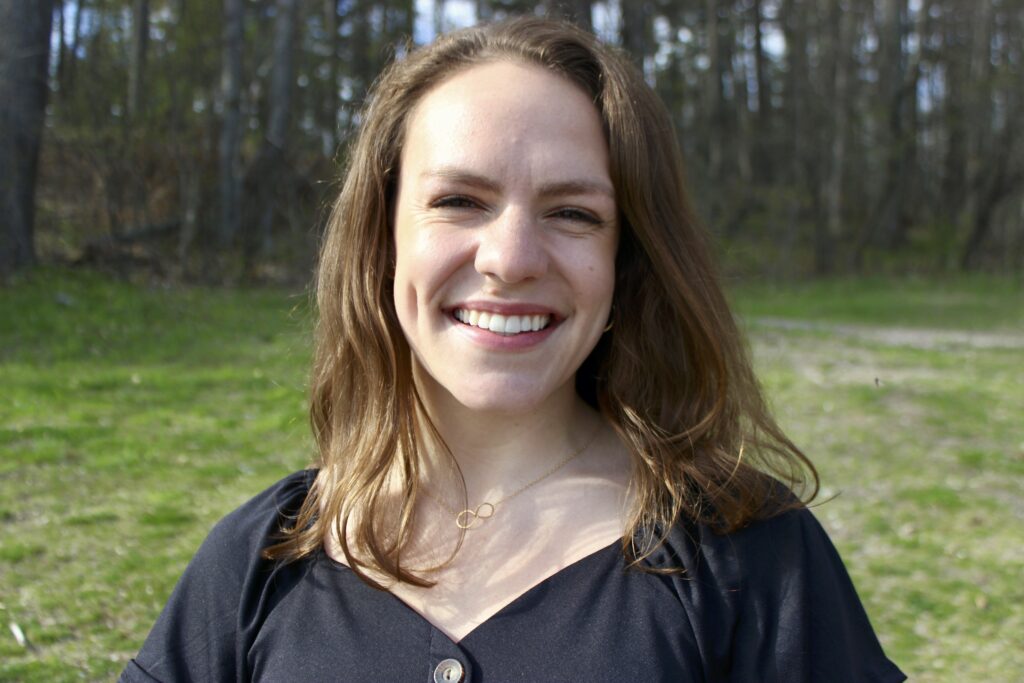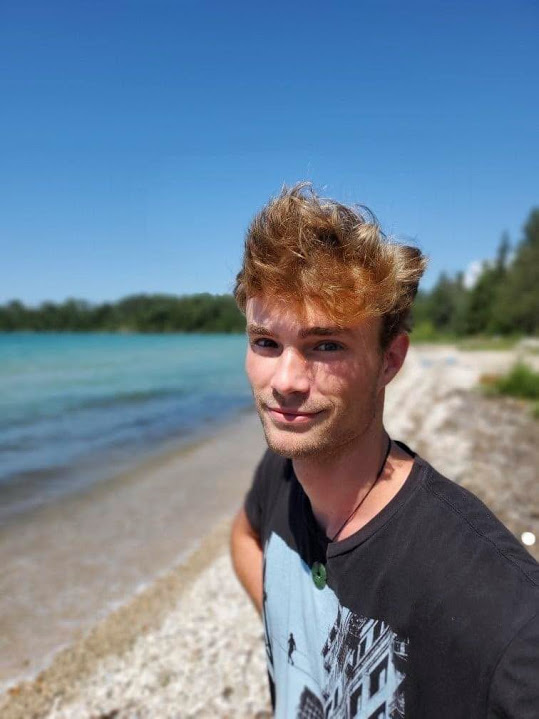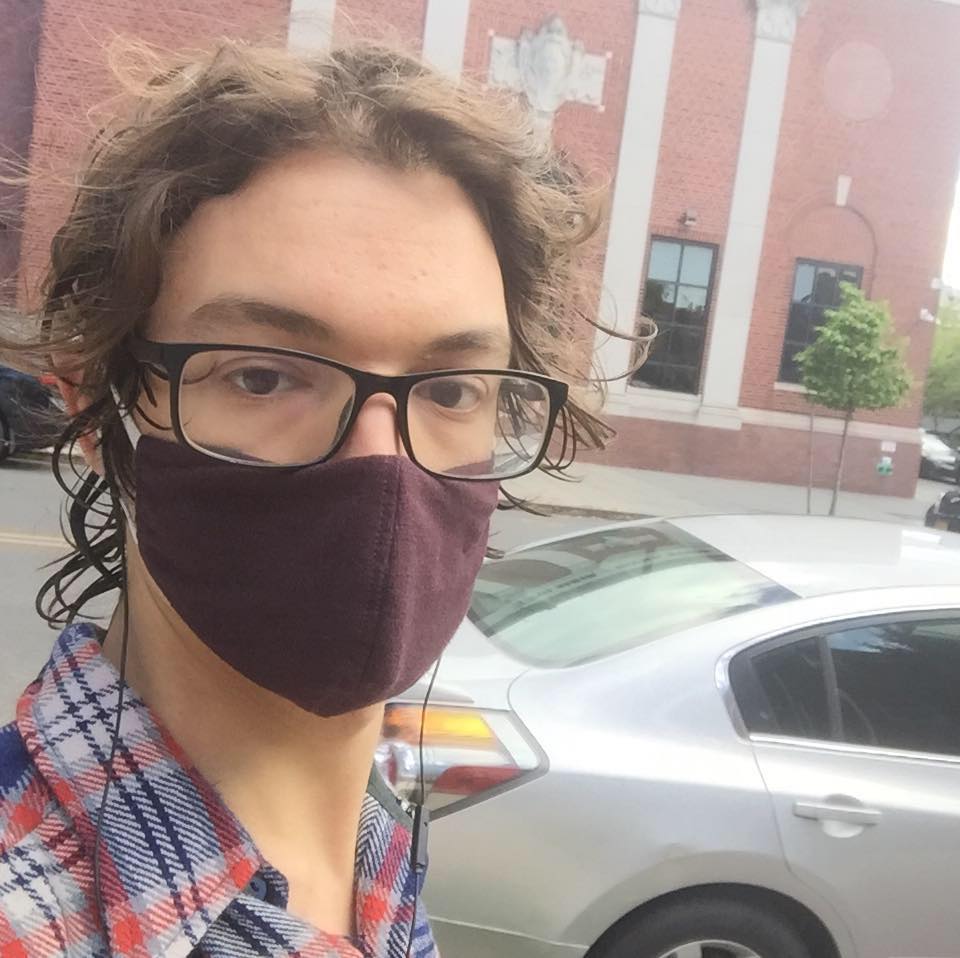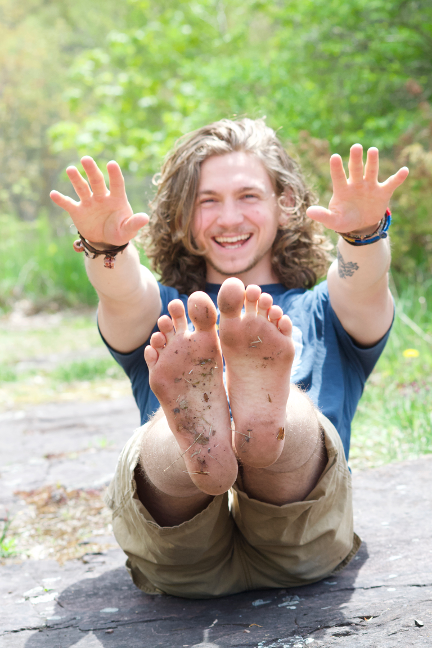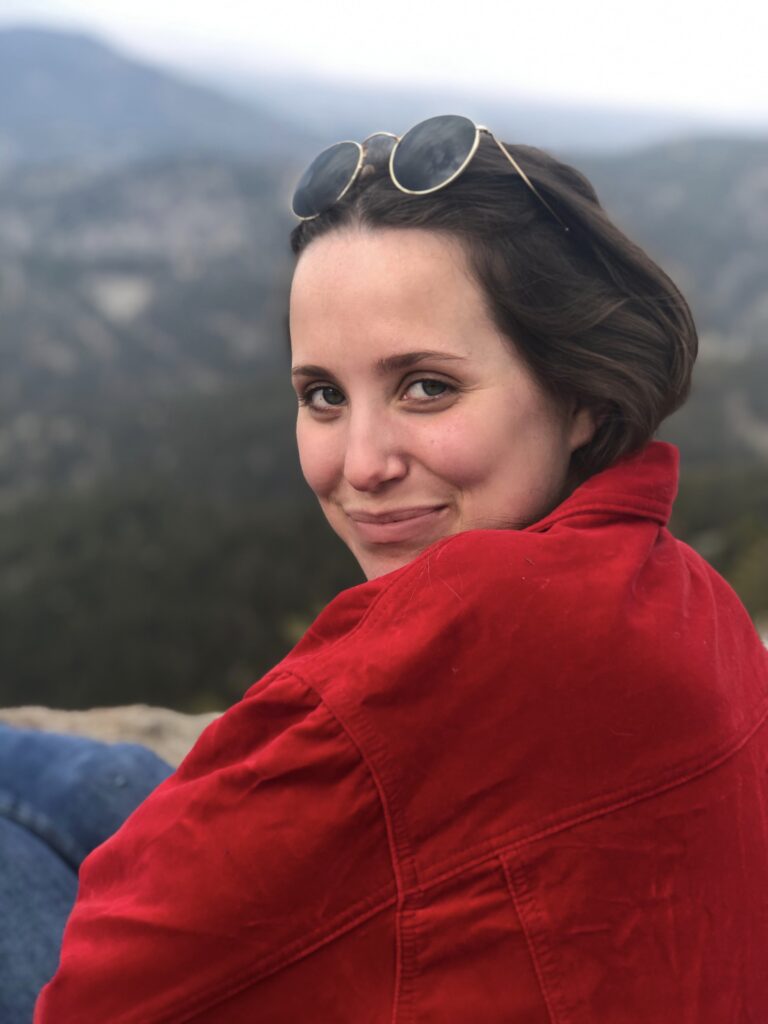In what other major can you peruse the Ramayana, the Sattipatthana Sutta, and the Scivias, at the same time? As a religion major, you will have access to the greatest works in translation. What’s more? Religion professors, you must have heard by now are the most caring, talented, and student-centered you can find on UVM campus.
– shuvan shrestha
Why did you major in Religion?
In what other major can you peruse the Ramayana, the Sattipatthana Sutta, and the Scivias, at the same time? As a religion major, you will have access to the greatest works in translation. What’s more? Religion professors, you must have heard by now are the most caring, talented, and student-centered you can find on UVM campus. After taking Professor Trainor’s Comparing Religions, followed by Professor Brennan’s Religion, Sound, Space my first year, I was destined to become a religion major. Yet the question of why you majored in religion, cannot be described fully in words, you will need to sit in a religion classroom to experience for yourself.
Where do you imagine yourself in 10 years?
I am deeply worried about the state of K-12 education in Nepal, where I received my own K-12 education. As remnants of colonial atrocities, corporal punishment is widely used in schools today. I hope to push against institutions that value discipline over creativity, rigidity over flexibility, censorship over academic freedom, and unhealthy supervision over trust in students. This needs to change.
Imagine a first-year student has asked your advice about REL courses. What’s the one she shouldn’t dream about missing? Why?
Religion, Sound, Space with Professor Brennan! This was THE class when I think back, what made my first-year UVM experience so great, this is the class. A four-credit class with six other students, a class in which CAS’ public reputation as a “small liberal arts college within a high caliber public research institution” was manifest, in this class we conducted field research, we interviewed local community members and made connections with them, while also learning about ethnomusicology and acoustemology, we recorded the soundscape of Burlington with support from Howe Library’s Multimedia Services, and then we made an entire blog post, in turn receiving compliments aplenty from the local community members. As someone who did not know much about Vermont or even the U.S., interacting with local community members back in my first-year had been a valuable experience, which made me confident to work with local communities later when I undertook the legislative internship position at the Office of U.S. Senator Bernie Sanders the semester after taking this class.
If you could write any book, what would it be?
The Epic of Gilgamesh: Nepali Translation. After receiving permission from Professor Andrew George from the SOAS and from the Penguin Press, I undertook the book translation project for Gilgamesh in my junior year. Then pandemic hit… For now, it remains a potential future project. I was interested in the project for several reasons: Professor Chiu’s excellent classes, which piqued my interest in the epic, the fact that I dearly miss reading and writing in Nepali, and the issue of language justice and accessibility.
Any fond memories of 481 Main Street you want to share?
I will always remember Professor Trainor’s warm greetings the second I stepped into his office, also his efficacious smile, the invaluable advising sessions, the really comfortable sofa in his office! After meeting Professor Trainor in his first-floor office, I remember walking down the wooden stairway (that creaked!), only then to be heard by Professor Brennan inside her ground-floor office who waved cheerfully–thank you so much, it always brightened up my day.
You’re finishing up in the midst of the COVID-19 pandemic. Tell us something about that experience—bonus points for including religion or the Religion Department as a way to think about it!
I want to thank all my professors; the pandemic has not been easy for anyone. This semester, I attended UVM remotely from Nepal. For a 2:50-4:05pm class, it was 1-3am at night in my time zone. I could have picked another class with a suitable timing, but I really wanted to be in Professor Brennan’s class (again!) for my last semester (which was at 2:05). She recorded her live lectures, and all religion professors were very supportive to meet my academic needs, thank you!
